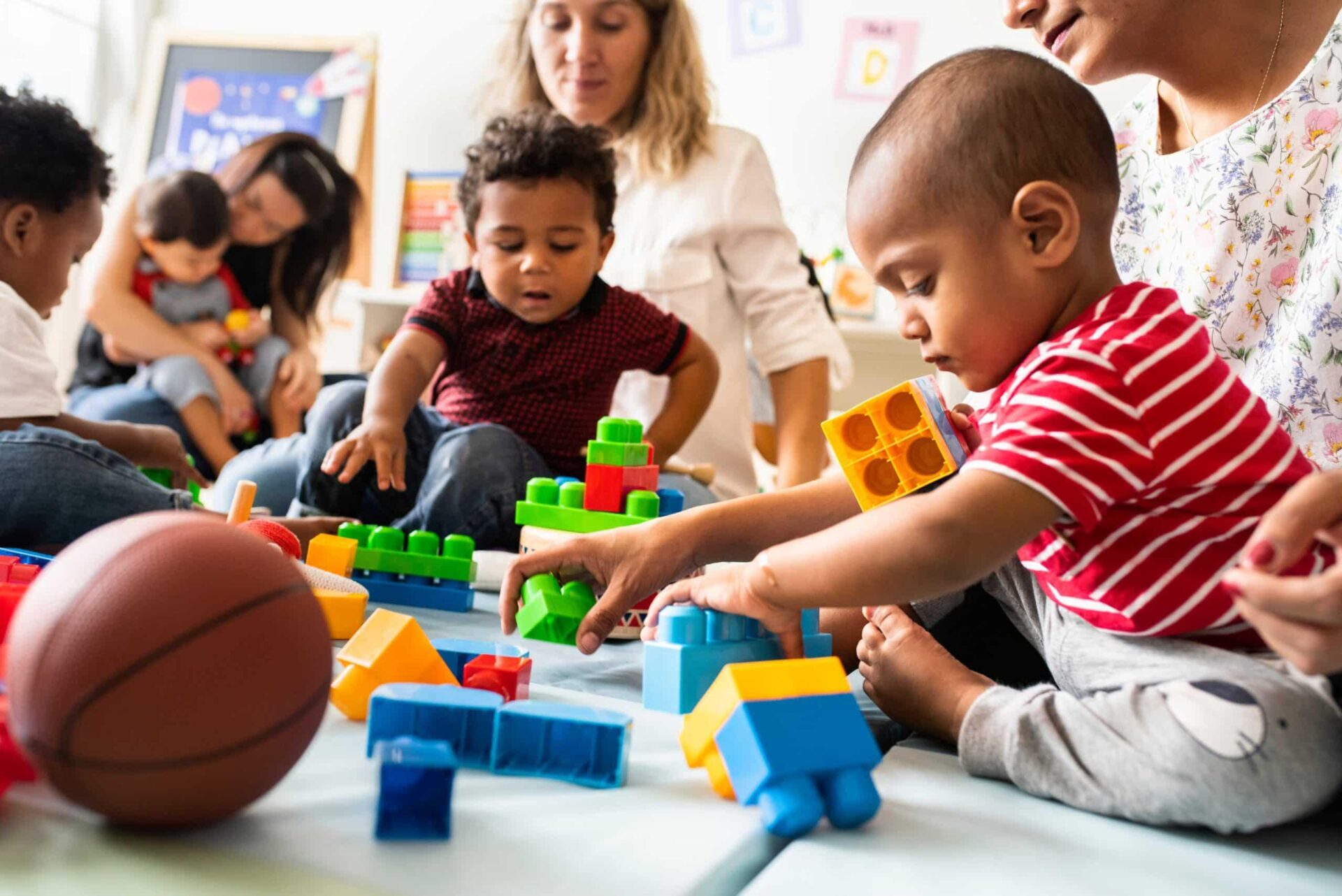If you’ve been looking for a way to celebrate your child’s special day while providing them with enriching experiences, the Early Learning birthday discount might just be the perfect treat. This delightful initiative is designed to bring joy not only to the little ones but also to parents seeking quality educational opportunities. With a focus on fostering creativity and curiosity, this discount encourages families to make the most of their child’s birthday celebrations.
Early Learning is all about providing engaging and interactive learning experiences for young minds. They offer a wide variety of programs that cater to different age groups, focusing on playful education that enhances critical thinking, social skills, and creativity. From hands-on activities and imaginative play to arts and crafts, Early Learning creates an environment where children can explore their interests in a supportive community. Their dedicated team of educators and facilitators ensures that every child has a chance to shine, making learning a joyful adventure.
Getting the Early Learning birthday discount is simple and straightforward. When it’s your child’s birthday month, just reach out to your local Early Learning center and inquire about the birthday celebration package. You’ll find that they often offer special deals or freebies that are exclusive to birthday kids. It’s as easy as mentioning your child’s birthday during your visit or when booking an event. So go ahead, make that birthday wish come true, and let Early Learning help create unforgettable memories for your family!
Q&A
**Q&A: Early Learning Unveiled**
**Q1: What is early learning and why is it significant?**
**A1:** Early learning refers to the educational experiences and developmental milestones that occur in a child’s early years, typically from birth to age eight. This period is significant because it lays the foundation for future learning, social skills, and emotional well-being. Research shows that quality early education can lead to better academic performance, improved social skills, and lifelong learning habits.
**Q2: What are the key components of effective early learning programs?**
**A2:** Effective early learning programs typically include a mix of play-based learning, structured activities, and social interaction. Essential components include a safe and nurturing environment, qualified educators who understand child development, a curriculum that promotes cognitive and emotional growth, and engagement with families to support learning both at school and at home.
**Q3: How does play factor into early learning?**
**A3:** Play is a vital component of early learning as it allows children to explore, experiment, and understand the world around them. Through play, children develop critical thinking skills, creativity, and social abilities. Activities like block building or role-playing foster problem-solving skills and emotional intelligence, making play not just fun, but an essential aspect of learning.
**Q4: What role do parents play in early learning?**
**A4:** Parents are integral to early learning. Their involvement can significantly influence a child’s educational journey. Through reading together, exploring the outdoors, and engaging in everyday conversations, parents can reinforce lessons learned in formal settings. Additionally, creating a supportive home environment encourages curiosity and a love for learning.
**Q5: Are there specific strategies educators should use to support early learning?**
**A5:** Absolutely! Educators can employ various strategies such as incorporating hands-on activities, using storytelling and music, encouraging cooperative games, and personalizing learning to accommodate different needs. Additionally, fostering a growth mindset by praising efforts rather than outcomes can nurture resilience and a love for challenges.
**Q6: How can communities support early learning initiatives?**
**A6:** Communities can play a pivotal role in supporting early learning by providing resources like parent workshops, access to libraries, and community centers that offer educational programs. Advocating for policies that support early childhood education funding and creating partnerships with local organizations can also enhance the educational landscape for young children.
**Q7: What are some misconceptions about early learning?**
**A7:** One common misconception is that early learning only focuses on academic skills, such as reading and math. In reality, it encompasses a wide range of developmental aspects, including emotional, social, and physical growth. Another myth is that families alone are responsible for a child’s learning; in truth, it’s a collective effort involving parents, educators, and the community.
**Q8: Looking ahead, what trends are shaping the future of early learning?**
**A8:** The future of early learning is increasingly influenced by technology integration, personalized learning platforms, and a greater emphasis on mental health and well-being. As we understand more about the importance of social-emotional learning, programs are evolving to include practices that support children’s holistic development, preparing them not just academically, but also as engaged and caring citizens.
**Q9: How can someone get involved in early learning advocacy?**
**A9:** Getting involved in early learning advocacy can take many forms. Individuals can volunteer at local schools or nonprofits, participate in community planning meetings, or join early childhood organizations focused on policy advocacy. Raising awareness about the importance of early education through social media and community discussions can also be impactful.
**Q10: Where can readers find additional resources on early learning?**
**A10:** Numerous resources are available online for those interested in learning more about early education. Websites like the National Association for the Education of Young Children (NAEYC), Zero to Three, and local education departments offer valuable information, tools, and research. Additionally, many libraries have parenting sections dedicated to early learning literature.
